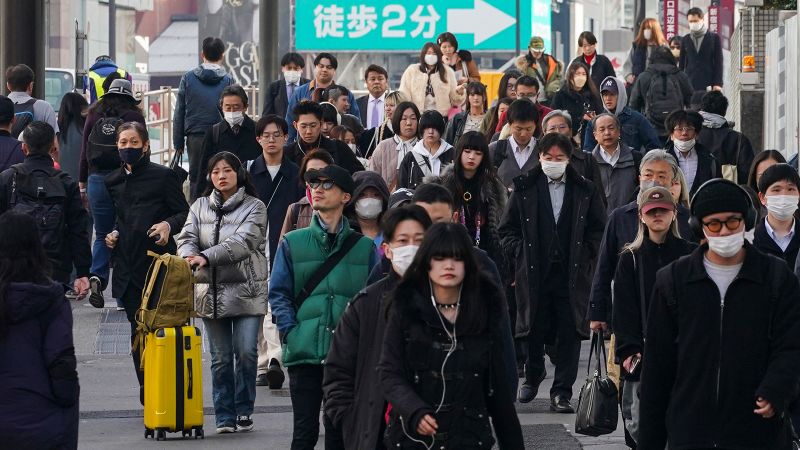Yuki Watanabe used to work long hours in Japan’s intense work culture, leading to health problems. With hesitations about resigning due to the country’s top-down work culture, she turned to a resignation agency called Momuri. Resignation agencies have become popular in Japan, especially after the pandemic, as workers reevaluate their careers. These agencies help employees tender resignations, negotiate with companies, and provide legal recommendations for a fee. The deferential workplace culture in Japan often makes it difficult for workers to quit their jobs, leading some to seek assistance from these agencies.
Shiori Kawamata, operations manager of Momuri, reported a surge in demand for their services, with many clients reaching out after facing obstacles in resigning from their jobs. Some workers experience harassment from bosses if they try to quit, with some extreme cases involving superstitions and threats. Workers in small to medium-sized businesses, particularly in the food industry, healthcare, and welfare sectors, are most vulnerable to such mistreatment. Japan’s notorious overwork culture has led to the government publishing lists of unethical employers, known as “black firms,” to protect workers from poor working conditions and threats to their well-being.
The stress from overwork in Japan has led to death and serious health issues for workers, highlighting the need for change in the workplace culture. “Karoshi,” or death by overwork, has been a longstanding issue in the country, with cases of fatal outcomes due to excessive work hours. Despite labor laws protecting workers’ rights, the atmosphere in many workplaces can make it challenging for employees to resign. Younger generations are challenging the old norms and are more willing to quit if they are unhappy, leading to the emergence of resignation agencies to assist them in navigating the process professionally and stress-free.
As young workers in Japan seek more autonomy and control over their careers, they are less confrontational and may prefer using third-party services to resign rather than facing their bosses directly. However, experts recommend open communication and avoiding burning bridges with employers. While resignation agencies like Momuri acknowledge the need for workers to communicate directly with their employers, they recognize the current demand for their services due to difficult workplace dynamics. Despite the hope that such services will eventually become unnecessary, for now, these agencies offer support to workers facing challenges in resigning from their jobs, with discounts provided for repeat customers.













